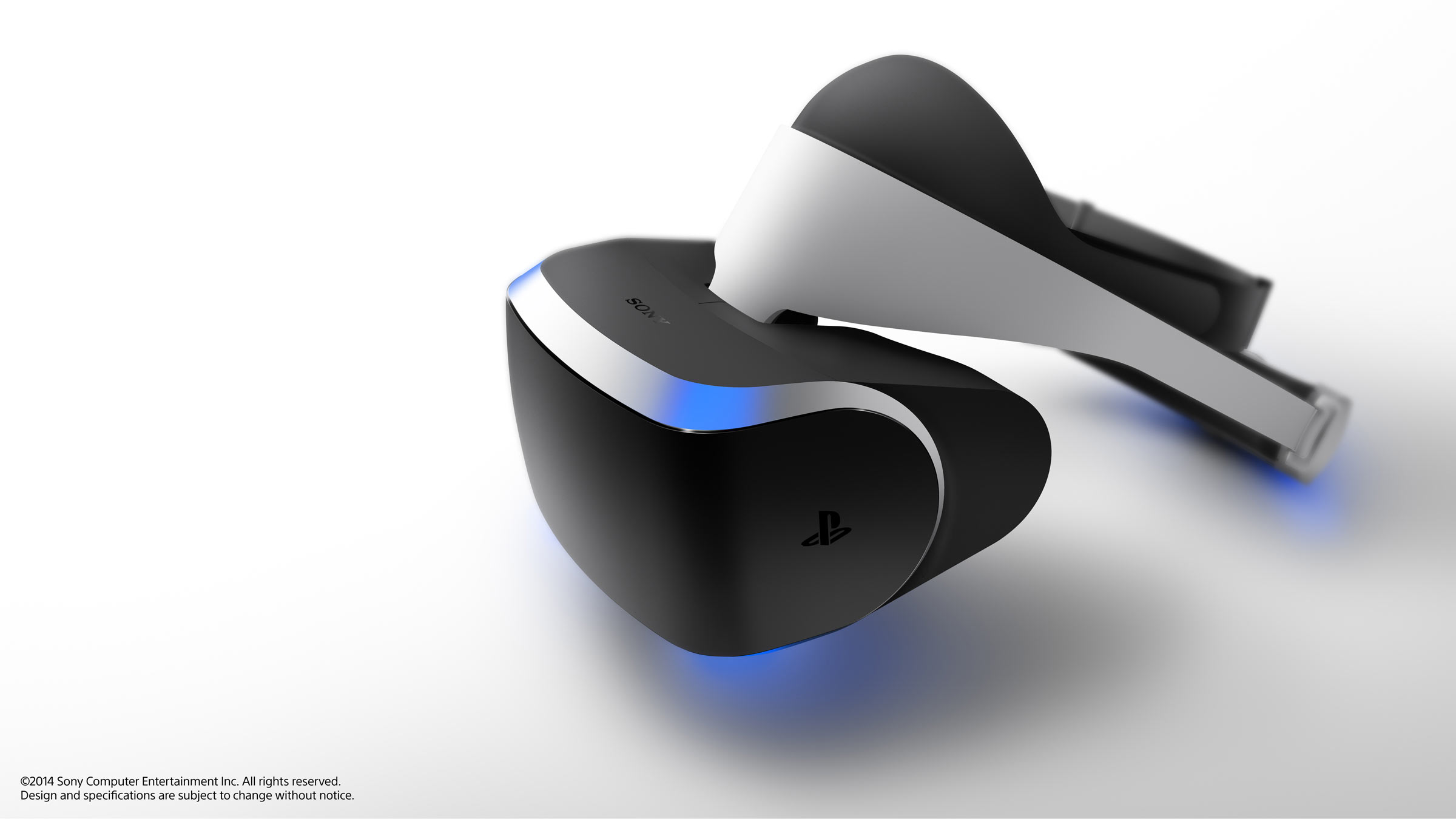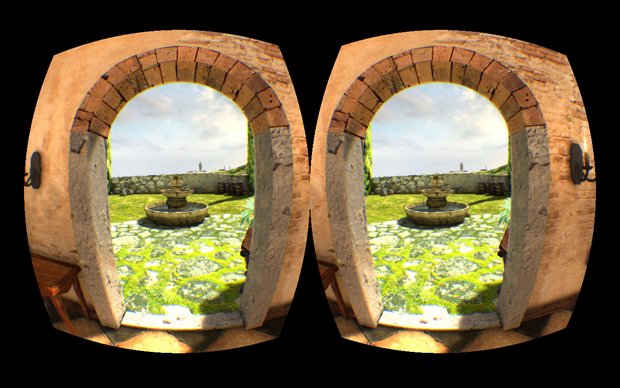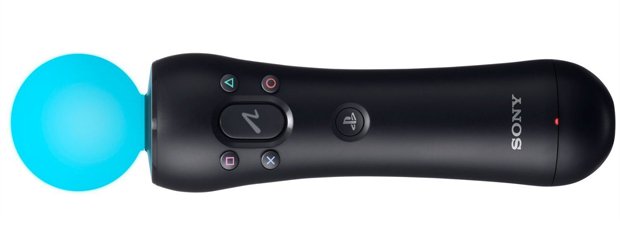Sony's indie-shift for VR is smart, but only if something bigger changes too
Sony’s President of Worldwide Studios, Shuhei Yoshida, has just come out with another boatload of praise for indie developers, this time in regards to their ability to properly realise the potential of the company’s newly revealed virtual reality headset, currently codenamed Morpheus. Says Yoshida, indies are not shackled to the same big budget, safe-bet design philosophies as AAA, publisher-tied studios, and are thus free to experiment with more interesting ideas.
“…that approach is perfect for making VR”, he says, “because that's what we need. We don't want people to think: 'How can I port this game to VR?' We want people to think: 'What unique thing can we do with this tech?' So I'm very, very excited to give lots of units to indie PS4 developers”

He’s right of course. Being indie-friendly has been a gigantic boon to the PS4 in the early days of this new console generation, providing an ever-swelling feed of interesting, affordable, often free games to fill the gaps between the infrequent big releases. And VR is effectively a brand new medium, whose true potential has barely yet been theorised, let alone explored. Agile, experimental developers are going to be key in building its worth. But it rather strikes me that Yoshida’s addressing of this issue is only a stepping stone away from a bigger matter that PS4 VR needs to tackle in order to be truly successful. The format’s cultural adoption will rely not on strong, interesting content or powerful hardware, but rather the means and freedom with which that content is delivered.
Consider the Oculus Rift. The beast that started this whole second wave in VR. The machine that proved that this stuff can work, and which now sits in the homes of countless enthusiasts worldwide, despite still not even having been officially released in its final commercial form. The Rift is not successful because of super-charged hardware (the current devkit is rather low-res and missing a raft of commercially necessary functions) or a vast line-up of games, either indie or AAA (development for is still largely unofficial, driven by homebrew enthusiasts, tech demos and proof-of-concept pieces). Rather the Rift is a hit because of the sheer wealth of eclectic, freely available, free of charge experiences that it affords anyone with a broadband connection.

As a result, the Rift has never had to produce a hard-sell for VR. Oculus hasn’t had to provide its own Wii Sports to prove the potential of the technology. Similarly, by not behaving thus far like a platform-holder in any traditional sense, not leading the direction of software development or even demanding any kind of a relationship with developers, Oculus has allowed the format’s potential to flower in the most organic and healthy way possible. Through the sheer creativity, imagination and community spirit of its users. It’s the idea and accessibility of the Rift that have made it successful, far beyond anything else. Anyone with a concept can realise it. Anyone who likes that concept can play or experience it. And anyone who can play it or experience it is instantly convinced. Being driven by the completely open platform of the PC, Rift has been utterly free to capture imaginations in every which way, and in turn those imaginations have been allowed to run wild with invention.
It’s that freedom that Sony’s Morpheous will need to emulate if it is going to persuade the public that VR is something they need in their lives. VR in particular is something that can only really be sold through direct experience, and selling things that way is hard. Doing so via the traditional console methods of online stores, retail discs, demo games and a crapload of marketing is not, I suspect, going to be the way to go. Just look at the Wii U’s troubles.

Instead, I think Sony is going to have to blow the doors clean off its distribution channels for VR, at least at first. It needs to cultivate the same democratic, grass-roots, open-source culture that has so accelerated adoption of the Rift. VR, more than any other field in gaming and interactive entertainment, is about gut, human experience and direct emotional impact. Get that stuff rolling, easily, accessibly, democratically and free, and it will spread like a virus, just as Rift-fever has. Try to launch this thing like PlayStation Move, and I don’t think it will.
Sign up to the GamesRadar+ Newsletter
Weekly digests, tales from the communities you love, and more



